Why Is My Cat Ignoring Me All of a Sudden?
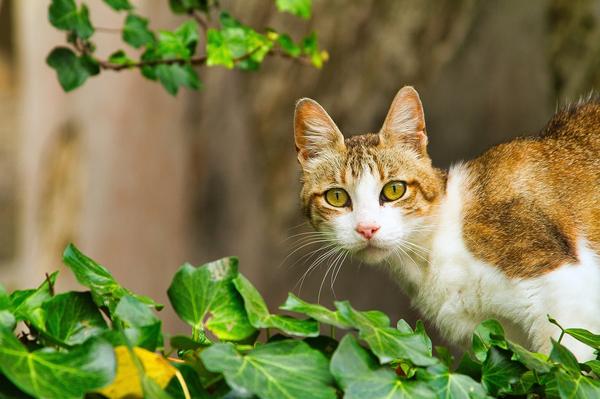
Imagine this:
Your cat, once the epitome of cuddles and purrs, is suddenly giving you the cold shoulder.
No more head rubs, no more snuggling up in your lap.
It's like they've completely forgotten who you are. 😿
Are they secretly plotting your downfall?
Let's dive into the mysterious world of feline behavior and find out the reasons behind this sudden indifference.
Buckle up, because we're about to uncover the truth.
Let's begin.
Lack of Attention or Playtime
Cats sometimes ignore you for a few reasons.
- If they're not mentally stimulated, they'll look for attention elsewhere. Keep them entertained with interactive toys or play sessions to prevent this.
- Each cat has their own personality and decides when they want social connection. They're not as sociable as dogs, so don't take it personally if they ignore you sometimes.
- Cats might be focused on something else and find it more important. Respect their independence and let them do their thing.
- Cats go through phases of being clingy or less clingy. Be patient and offer treats or favorite toys to regain their attention.
- Sometimes ignoring is temporary and things go back to normal within a day or so. Give them space and time without feeling neglected.
Your connection with cats can strengthen by comprehending the reasons they avoid you and interacting with their preferred plaything. 😺
Main points I'll expand upon further down this article:
- Cats may ignore you if they don't want to be disturbed.
- Exhaustion from an ailment can cause a cat to withdraw.
- Hearing problems can lead to a cat ignoring its owner.
- Cats naturally have a reserved nature, which may result in them ignoring you.
- Lack of comprehension can cause a cat to ignore its owner's interactions.
- Old age can contribute to a cat's withdrawal and lack of attention.
- Depression can lead to a cat ignoring its owner.
- Cats may dislike interaction due to past negative experiences or punishment.
- Changes in routine can cause a cat to withdraw temporarily.
- Fear or avoidance, particularly after traumatic events, can cause a cat to ignore its owner.
Now that we have explored the reasons why cats may ignore their owners due to a lack of attention or playtime, let's delve into another crucial aspect...
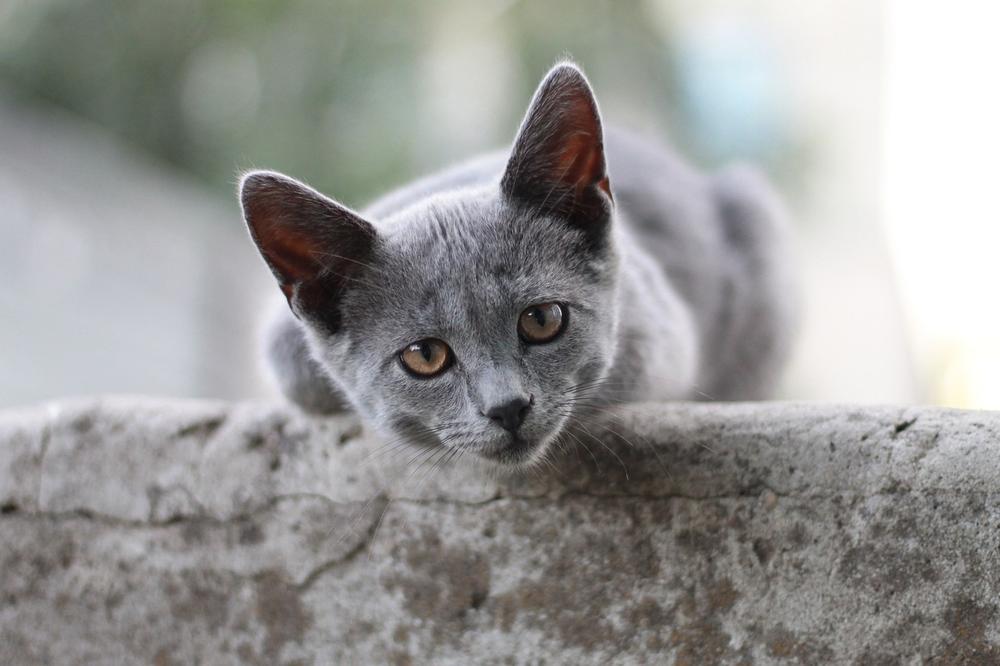
Potential health issues...
Physical Discomfort and Health-Related Factors
To ensure your cat's well-being, pay attention to these 14 signs of discomfort and health-related factors:
- Monitor changes in eating habits.
- Keep an eye on litter box use.
- Be aware of unusual behaviors.
- Consider if your cat wants to be disturbed.
- Take into account exhaustion from ailments.
- Check for signs of hearing problems.
- Understand natural reserve as a reason.
- Recognize lack of comprehension.
- Consider the impact of old age.
- Address any signs of depression.
- Acknowledge dislike of interaction.
- Think about past negative experiences or punishment.
- Watch for changes in routine.
- Pay attention to fear or avoidance.
It's crucial that you recognize signs of illness promptly and seek veterinary care if needed.
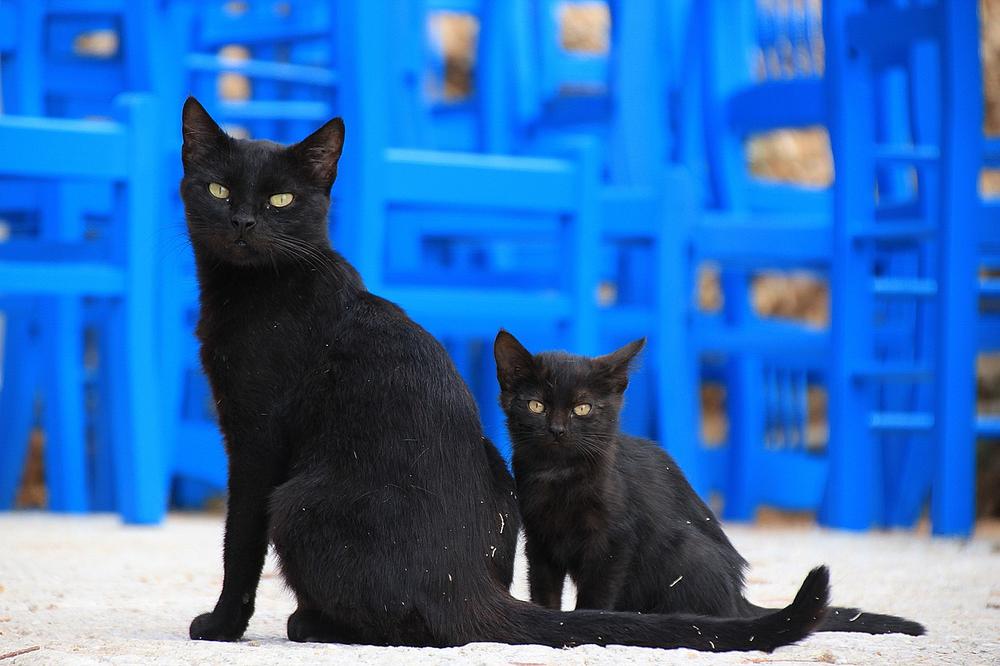
Conditions causing pain and lethargy can lead to withdrawal, so any changes in eating, drinking, vocalizations, or litter box use should be checked by a vet.
Sudden behavioral changes might indicate underlying health issues, warranting a vet visit.
Changes in Routine or Environment
When your cat's routine or environment changes, it can stress them out.
Cats love their routines and familiar surroundings, like their cozy nap spots. So when you bring a new pet into the family, move things around in their space, or even move to a different house, it can throw them off balance.
Now, here's the thing:
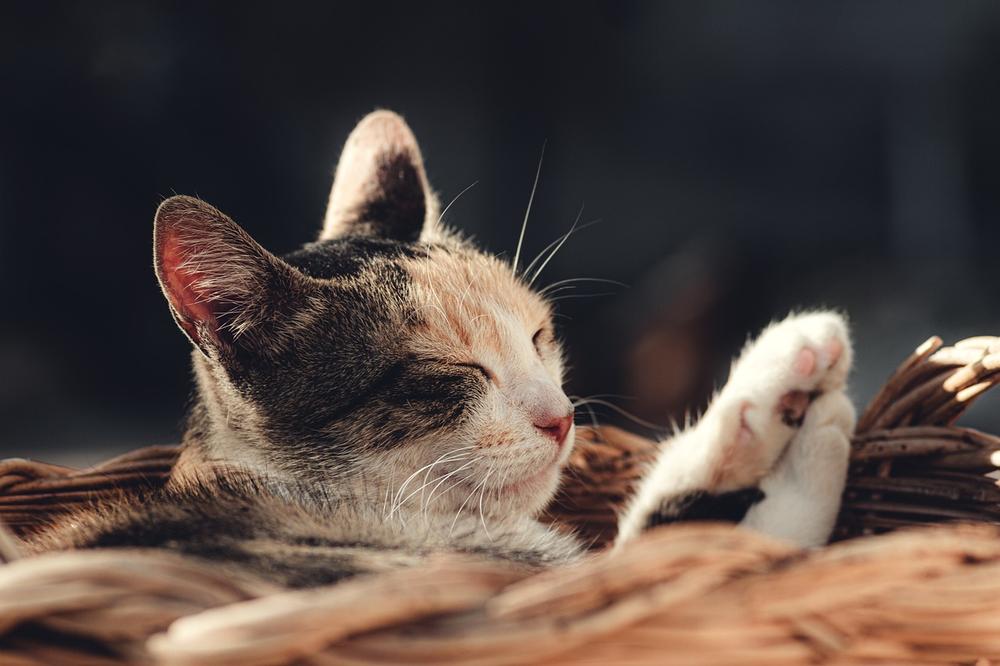
These changes may make your cat distance themselves from you for a little while. But don't worry, it's just their way of dealing with all the adjustments.
Here's what you can do to help your feline friend during these tough times:
- Take it slow and introduce things gradually. Whether it's a new furry sibling or a new place, give your cat time to adjust.
- Keep their favorite things close by. Their beloved blanket, scratching post, or that catnip toy they adore can provide comfort and familiarity.
- Create a calm atmosphere. Remember, cats can sense our energy, so keep the environment calm and relaxed during these big transitions.
Change can be hard for kitties, but with your love and support, they'll get used to it before you know it.
But what if your cat's sudden ignoring goes beyond just changes in routine or environment?
Well, sometimes there may be deeper reasons behind their behavior, ones that stem from past experiences and emotional traumas.
Let's dive into it and discover what could be causing this withdrawal...
Overcoming Fear and Trauma
If your cat is showing signs of fear or trauma, you must understand their background and take steps to help them overcome it. Here are some practical tips to help a skittish cat:
- Establish a safe space: Create a designated area in your home where the cat feels secure, with hiding spots and comfortable bedding.
- Sit quietly: Spend time near the cat without making sudden movements or loud noises. This will help them associate your presence with calmness.
- Make soft kissy sounds: Gentle noises can be reassuring to cats and help them feel more at ease.
- Let the cat come to you: Allow the cat to approach you on their own terms, rather than trying to force interactions.
- Resist reaching out first: Give the cat space and let them initiate physical contact when they're ready.
Building your cat's confidence and easing their fear and distrust towards humans can be achieved through the implementation of these procedures and in a serene setting.
And if you're wondering why your cat has stopped sleeping with you, I might have just the answer for you.
When our feline friends change their usual habits, it can be confusing and concerning.
That's why I highly recommend checking out Why Wont My Cat Sleep With Me Anymore.
In my blog post, I delve into possible reasons and solutions that can help restore the bond you share with your kitty.
Disrupted Hierarchy and Territory Dynamics
Bringing a new pet home can upset the delicate balance between your cats, making them defensive or withdrawn.
To smooth things over, you need to create separate spaces with their own food bowls and litter boxes and keep an eye on how they interact.
Cats often feel threatened or dominated when a newcomer enters their territory, so it's not surprising they may retreat or put up walls.
But fret not...
You can help ease their anxiety by using artificial cat pheromones. These wonder-workers emit calming scents that will put your kitties at ease and restore harmony in your home.
Negative Associations and Traumatic Experiences
Cats can hold negative associations and traumatic experiences
Cats have their fair share of baggage. They may carry past bad experiences that affect how they interact with people.
It's like a dark cloud over their cute little heads.
Sometimes, it only takes something as simple as accidentally stepping on their paws or using punishments for them to temporarily avoid you.
But here's the thing:
Punishment doesn't work.
In fact, it makes things worse.
So what should you do?
Use positive reinforcement instead!
When they do something good, shower them with praise.
Trust me, they'll respond much better to love than scolding.
Cats need time to rebuild trust
There are many reasons why your cat might be avoiding you.
Maybe they had a rough past or experienced some trauma.
Changes in routine or declining senses could also play a part.
Life has thrown them curveballs left and right, poor little whiskers!
But don't worry, there is hope...
Patience is key.
Let your cat come to you at their own pace.
Make sure they feel safe and comfortable to let their guard down.
Gentle approaches help regain a cat's confidence
So, how can you mend your broken relationship with your feline friend?
Offering treats and rewards always does the trick.
Who can resist the power of a tasty snack?
Spending quality time together, engaging in their favorite activities, helps build back that trust.
And don't forget those gentle interactions.
Stroke them gently, play with their favorite toy - it's all about creating positive experiences.
My friend, rebuilding trust takes time.
Take it slow.
But with patience, love, and a few good treats, you'll surely find your way back into your cat's heart.
Cognitive Decline and Behavior Changes in Aging Cats
As cats get older, they can experience serious cognitive decline.
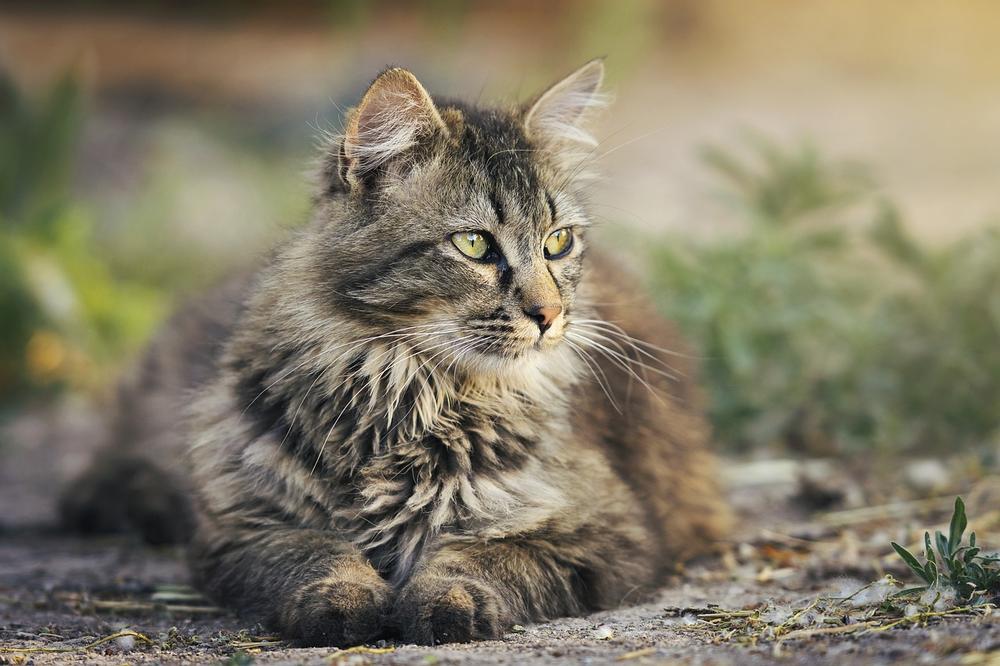
This means their behavior and abilities can change in significant ways. Here's what you might notice:
- Cats may startle easily since confusion or sensory decline can make them more jumpy.
- They might withdraw from socializing because their cognitive decline makes them less interested in interacting with others.
- Aging cats may lose their sight or hearing, causing them to be more cautious around people.
- You can help reduce anxiety and confusion by creating a consistent routine for your cat.
- Keeping their environment stable and familiar will provide your cat with comfort and reassurance.
- Using adapted toys and activities can stimulate your cat's brain and keep them engaged mentally.
- As cats age, they might not respond well to verbal cues or training methods like they used to.
- Even though they have cognitive decline, older cats still retain a sense of curiosity and will be interested in new things or experiences.
- Older cats can become more sensitive to touch due to chronic conditions or sensitivities.
- Regular visits to the vet are essential for monitoring their health and managing cognitive decline as early as possible.
Provide the essential assistance and attention to your aging cat during this period of life by comprehending these alterations.
And that wraps up today's article.
If you wish to read more of my useful articles, I recommend you check out some of these: Why Does My Cat Bite My Face, Why Does My Cat Slap Me With His Tail, Why Does My Cat Drag My Clothes Into the Litter Box, Why Does My Cat Sleep Between My Legs, and I Just Adopted a Cat and It Wont Stop Meowing
Talk soon,
-Sarah Davis